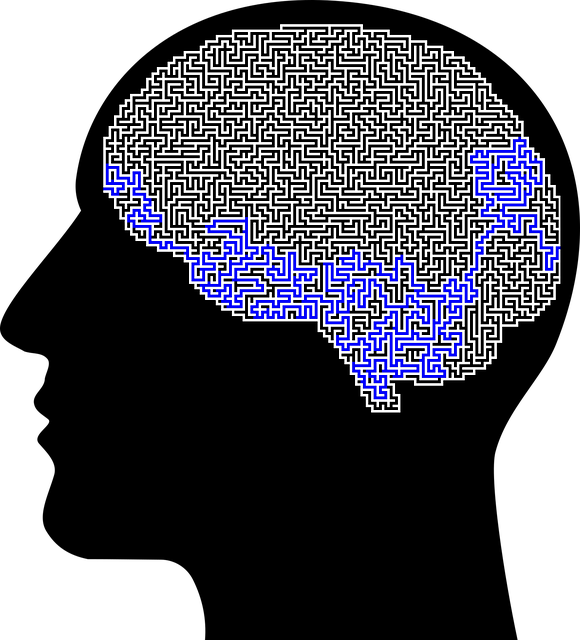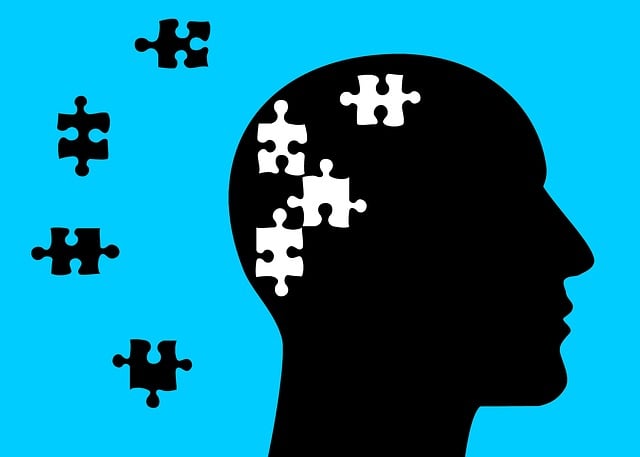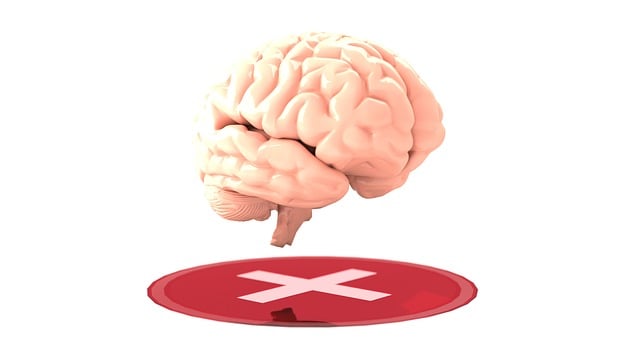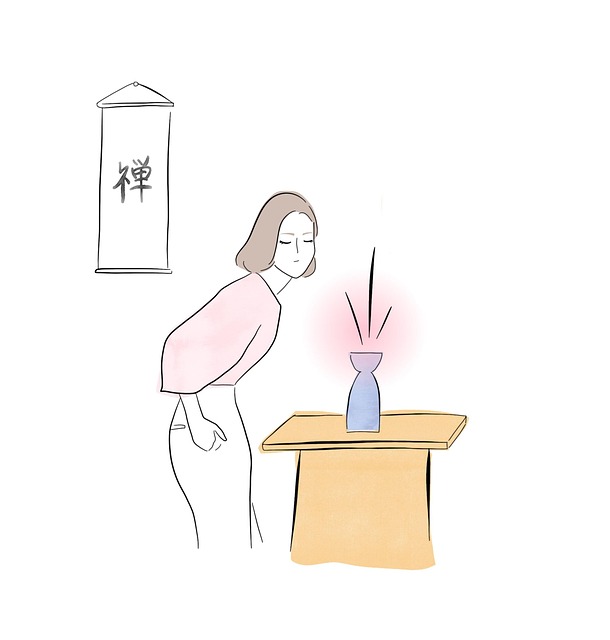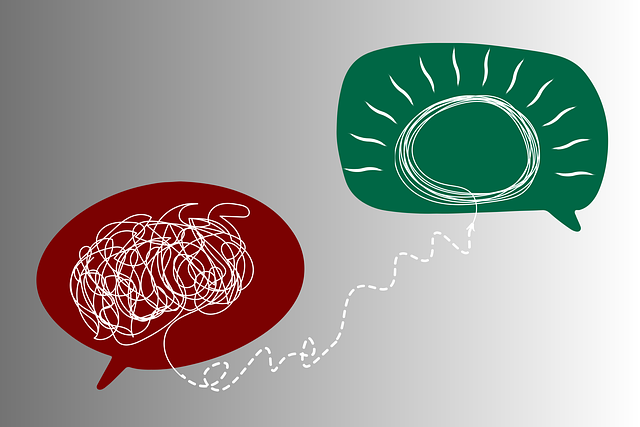Centennial Blended Families Therapy prioritizes cultural sensitivity in mental healthcare as a transformative tool for diverse populations. By recognizing and respecting unique cultural beliefs, they create safe spaces using strategies like Mindfulness Meditation and Emotional Intelligence. This approach builds trust, reduces stigma, and fosters inclusive environments tailored to blended families' specific needs, ultimately enhancing overall well-being. Through training, community outreach, and patient-centered practices, therapists navigate complex familial dynamics and cultural backgrounds, ensuring effective therapy and accessible mental health services for all.
Cultural sensitivity is an essential aspect of modern mental healthcare, especially when treating diverse populations like Centennial blended families. This article explores the critical concept of cultural sensitivity in mental health practice and its impact on fostering inclusive spaces for all clients. We delve into specific challenges and barriers faced during family therapy sessions, offering valuable strategies to enhance cultural competence. By understanding these dynamics, mental health professionals can navigate complex cultural landscapes effectively, ensuring quality care for Centennial blended families.
- Understanding Cultural Sensitivity in Mental Healthcare
- Challenges and Barriers in Blended Family Therapy
- Strategies for Culturally Competent Practice with Centennial Families
- Fostering Inclusive Spaces: Tools for Mental Health Professionals
Understanding Cultural Sensitivity in Mental Healthcare

In the realm of mental healthcare, cultural sensitivity is a game-changer that fosters effective treatment and builds trust among diverse populations. This concept goes beyond basic courtesy; it involves actively recognizing and respecting the unique cultural beliefs, values, and practices that shape individuals’ lives and their interactions with mental health services. For instance, at Centennial Blended Families Therapy, we understand that what works for one family might not resonate with another, especially when dealing with multifaceted issues such as those often encountered in blended families.
Cultural sensitivity requires a nuanced approach to treatment, incorporating strategies like Mindfulness Meditation and Emotional Intelligence, which can help bridge cultural gaps. By integrating these practices, therapists create a safe space where clients feel understood and empowered to share their perspectives. Moreover, increasing public awareness through campaigns focused on the development of culturally sensitive mental healthcare services is vital. This ensures that diverse communities have access to tailored support, enhancing overall well-being and fostering a more inclusive therapeutic environment.
Challenges and Barriers in Blended Family Therapy

In the context of Centennial Blended Families Therapy, one of the primary challenges is navigating complex familial dynamics. Blended families often bring together individuals from diverse cultural backgrounds, each with their unique traditions and beliefs. This mix can lead to communication barriers and misunderstandings, hindering open conversations essential for therapy. Professionals must be vigilant in their Risk Assessment for Mental Health Professionals, recognizing potential triggers related to cultural differences and ensuring a safe, inclusive environment for all family members.
Cultural sensitivity training is crucial for fostering effective therapy sessions in these families. Therapists need to understand the intricate web of relationships within blended families, where step-parents, biological parents, and children from different unions coexist. Encouraging honest dialogue about emotions and experiences requires building trust and leveraging Inner Strength Development strategies tailored to each family’s cultural framework. Public Awareness Campaigns Development can also play a vital role in promoting understanding and reducing stigma, creating a more supportive environment for blended families seeking mental healthcare.
Strategies for Culturally Competent Practice with Centennial Families

In the context of Centennial Blended Families Therapy, culturally competent practices are essential to creating a safe and supportive environment for diverse families. Therapists should be trained to understand and appreciate the unique cultural values, beliefs, and traditions that shape family dynamics. This involves actively listening to clients’ perspectives, incorporating their preferred communication styles, and tailoring therapy approaches to align with their cultural contexts. By fostering open dialogue, mental health professionals can help dispel the Mental Illness Stigma Reduction Efforts prevalent in many communities, encouraging honest disclosures and engagement in treatment.
Community Outreach Program Implementation plays a pivotal role in building trust and accessibility within culturally diverse populations. Therapists can collaborate with local community organizations to offer workshops, seminars, and support groups tailored to specific cultural needs. These initiatives not only raise awareness about mental health but also promote Cultural Sensitivity in mental healthcare. Through such efforts, therapists can better serve Centennial Blended Families by addressing their distinct emotional regulation challenges while respecting and embracing their cultural identities.
Fostering Inclusive Spaces: Tools for Mental Health Professionals

Creating inclusive spaces is paramount for mental health professionals to effectively serve a diverse range of clients, including Centennial blended families. This involves understanding and incorporating cultural values, beliefs, and practices into therapy sessions. Tools such as cultural assessments, patient-centered interviews, and trauma-informed care approaches can help professionals navigate these nuances. By fostering an environment that respects individual differences, therapists encourage open communication and build stronger therapeutic alliances.
Additionally, integrating self-care practices and compassion cultivation techniques within professional development programs equips mental health workers with the emotional resilience needed to support clients from varied cultural backgrounds. Adopting a Mental Health Policy Analysis and Advocacy perspective further strengthens this process by advocating for systems that promote equity and accessibility in mental healthcare, ultimately benefiting all individuals seeking support, including those within Centennial blended families.
In addressing mental healthcare for Centennial Blended Families, it’s clear that cultural sensitivity is not just a preference, but an essential tool for effective therapy. By understanding and overcoming challenges like those discussed in this article—from navigating complex family structures to implementing culturally competent strategies—mental health professionals can foster inclusive spaces that truly support the unique needs of these families. This approach ensures that Centennial Blended Families Therapy is accessible, respectful, and ultimately transformative.

